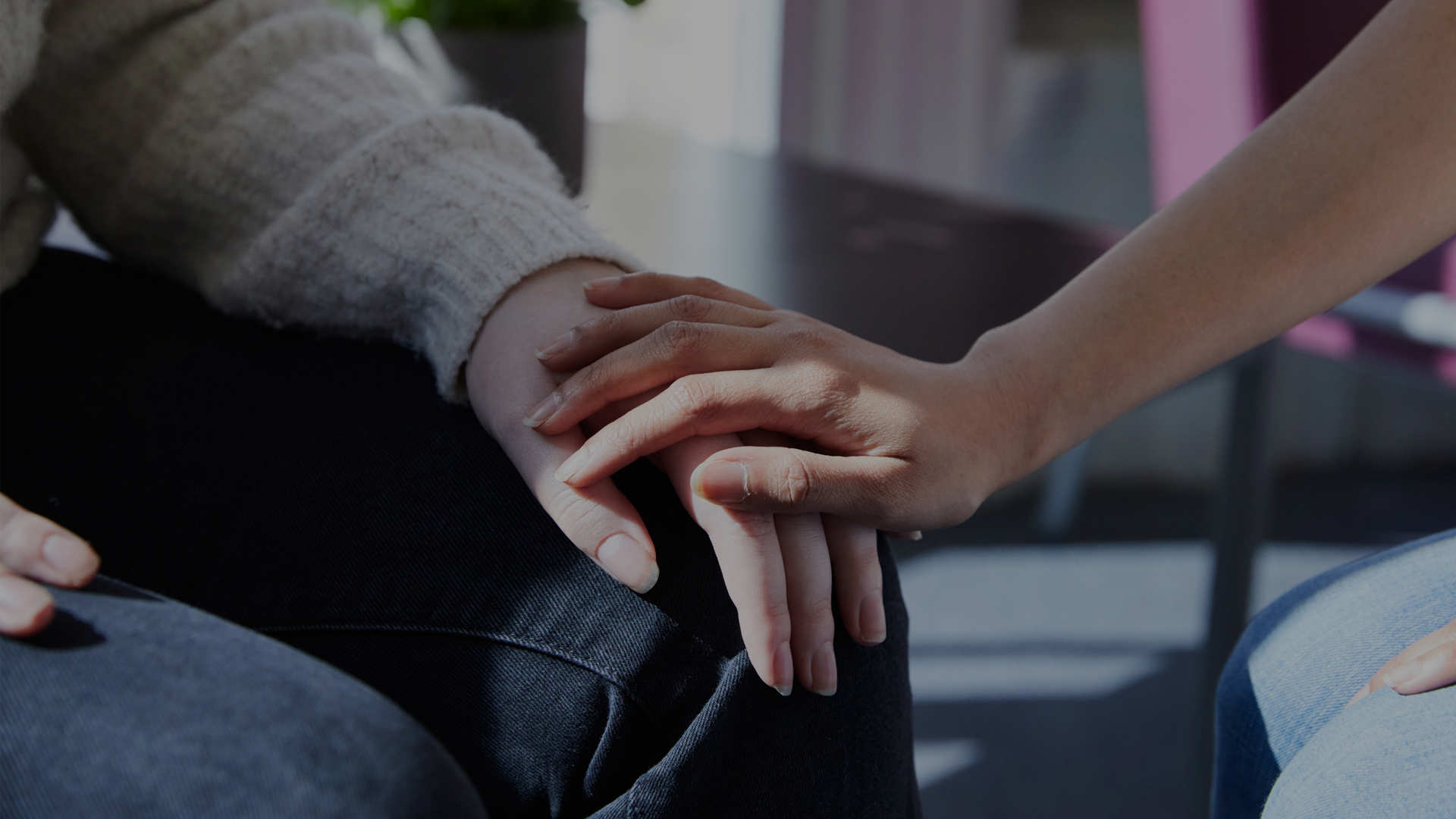About chlamydia
If untreated, it can spread to the womb, fallopian tubes and ovaries, causing pelvic inflammatory disease (PID). PID can lead to lasting pelvic pain, fertility problems and ectopic pregnancy (pregnancy outside the womb). In men, chlamydia can lead to painful infection in the testicles and possible reduced fertility.
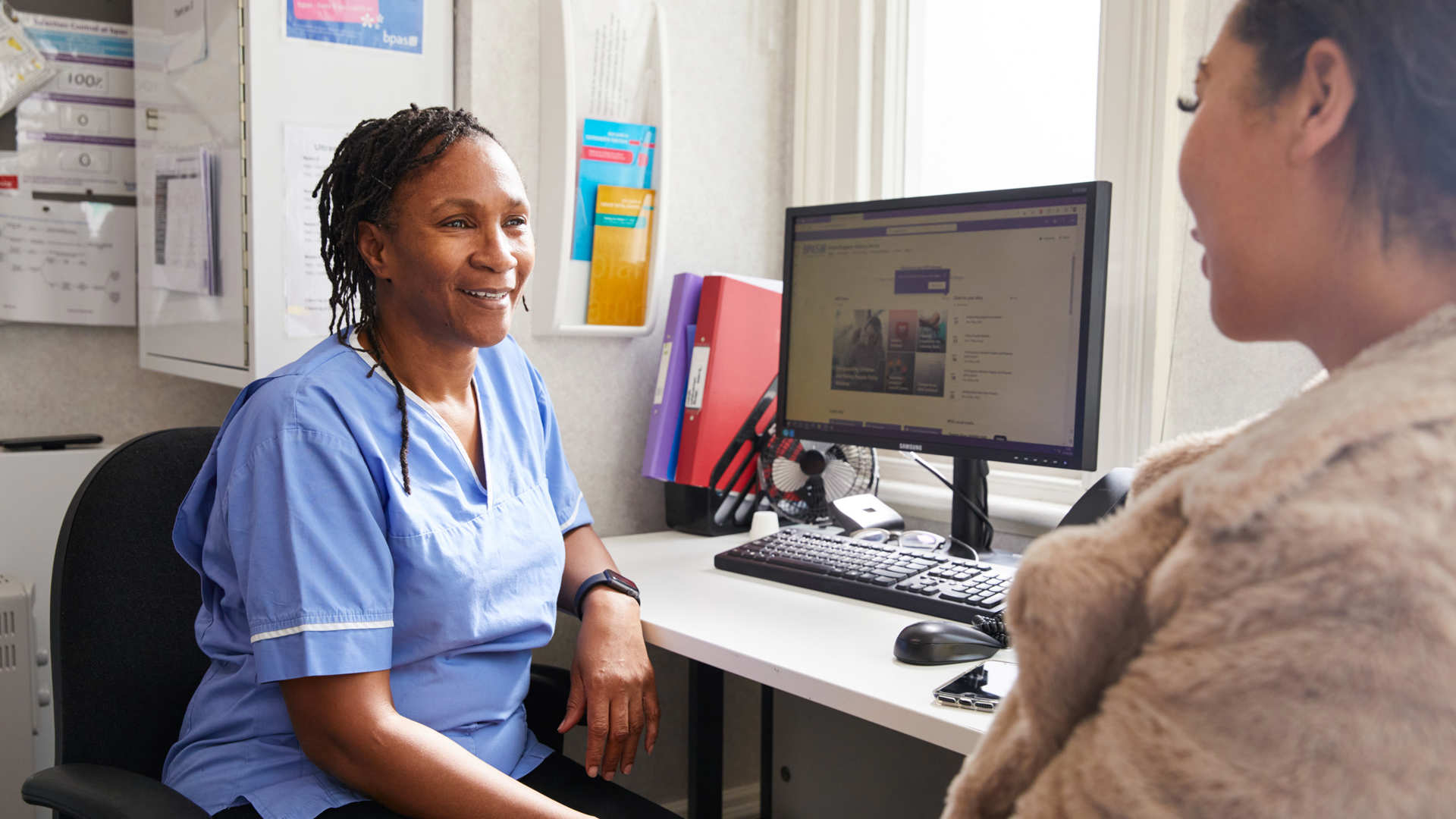
Testing
Because chlamydia is the most common STI in the UK, regular testing is encouraged. Your local NHS has its own chlamydia test/testing process and tells us whether to offer you the NHS test, or BPAS' own test. The type of test used determines how you get your results (and if infection is found - how treatment is given and previous partners contacted).
BPAS tests for chlamydia using a swab (like a cotton bud) to collect cells from inside your vagina. We can also test for gonorrhoea using the same swab. It only takes a few seconds to get a sample and it doesn't hurt. You can use the swab yourself - see how to do this below. If you are given an NHS test, it may be similar to the BPAS swab test described or may require a urine sample.
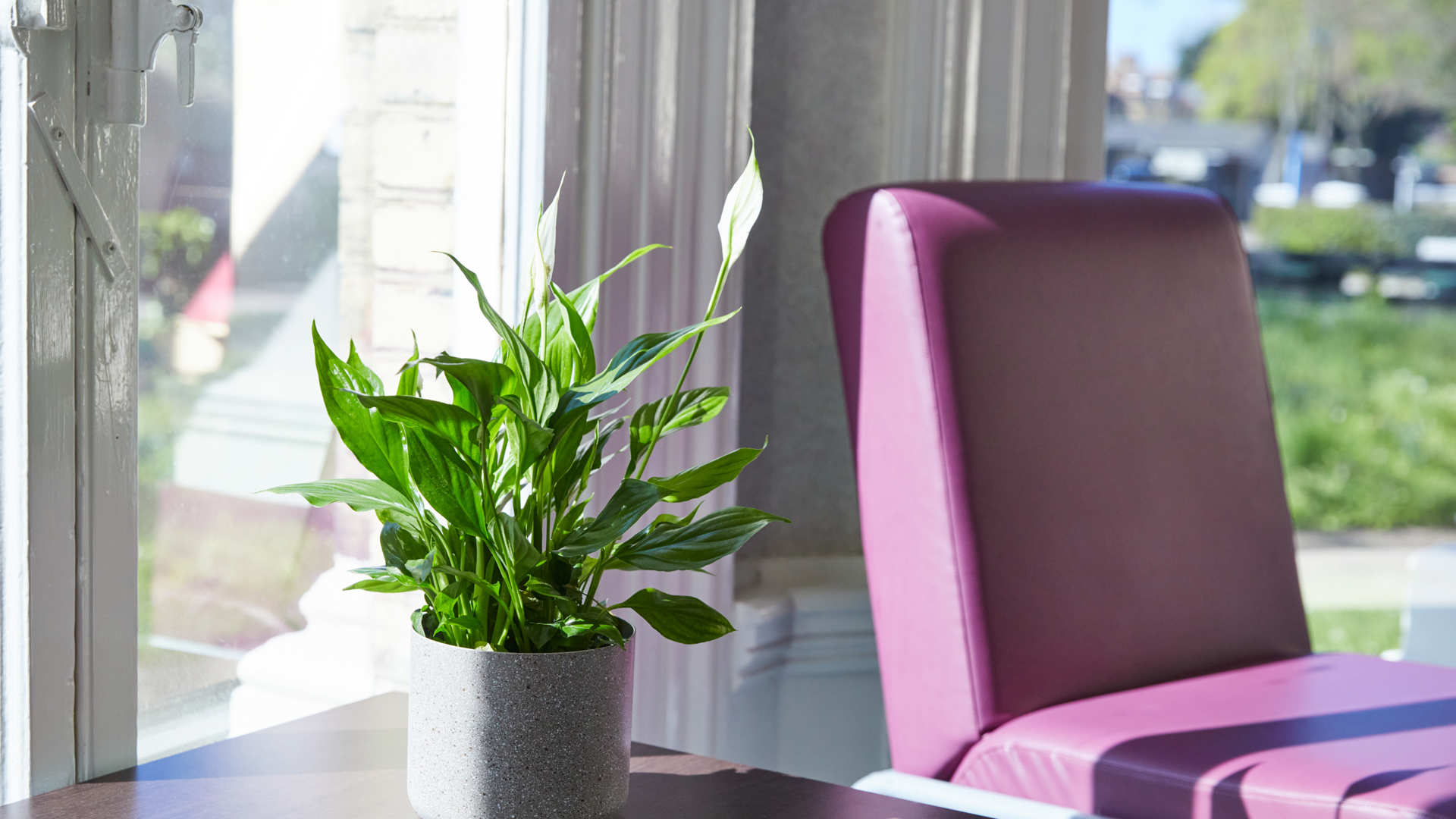
Treatment
Chlamydia is treated with a week long course of an antibiotic called doxycycline. If you cannot take doxycyline, a 3 day course of a different antibiotic called azithromycin is used. To avoid re-infection your partner must also be treated.
If you are experiencing symptoms of chlamydia infection, your abortion treatment may be delayed for a week until the infection is treated.
How to collect a swab sample
You will be shown how to do this at the clinic.
Instructions
- Insert the swab about 5cm (2 inches) inside the vagina.
- Turn the swab in a gentle circular motion (rubbing it against the wall of the vagina) for about 30 seconds.
- Open the tube - take care not to spill the liquid inside or touch the swab against anything.
- Place the swab into the tube until the dark line on the swab lines up with the top of the tube.
- Lean the swab against the tube rim to break it off at the dark line. Discard the top of the swab.
- Replace the tube cap and return the sample to the BPAS staff member.

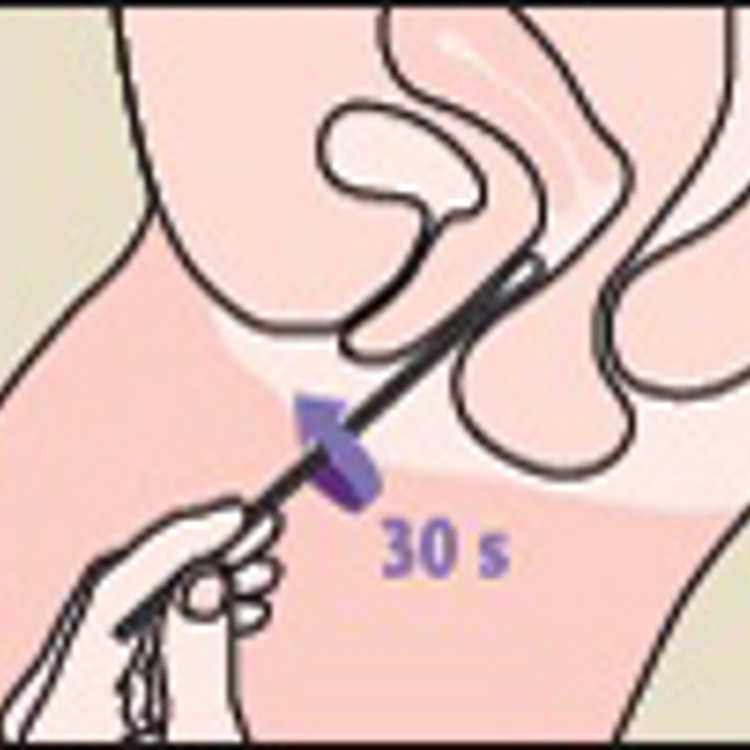
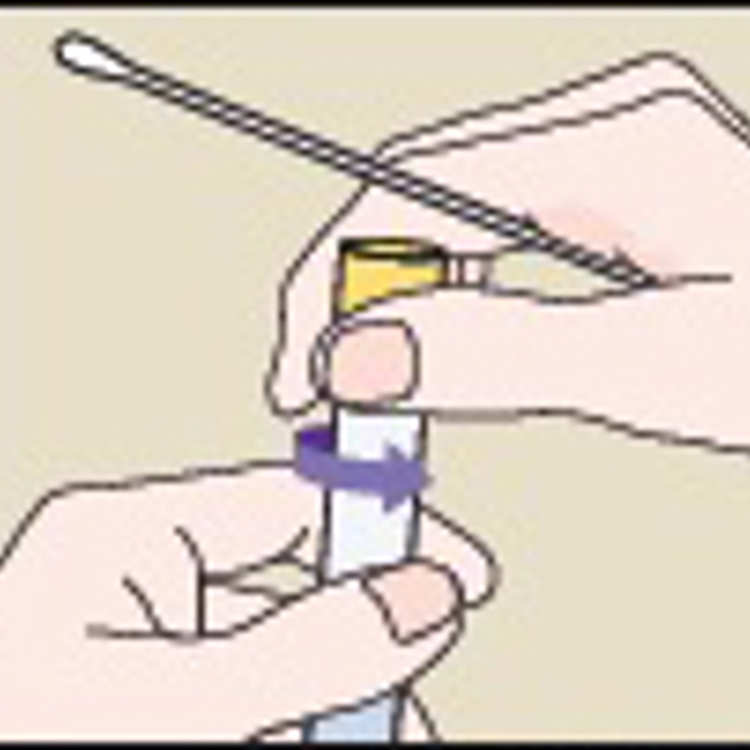
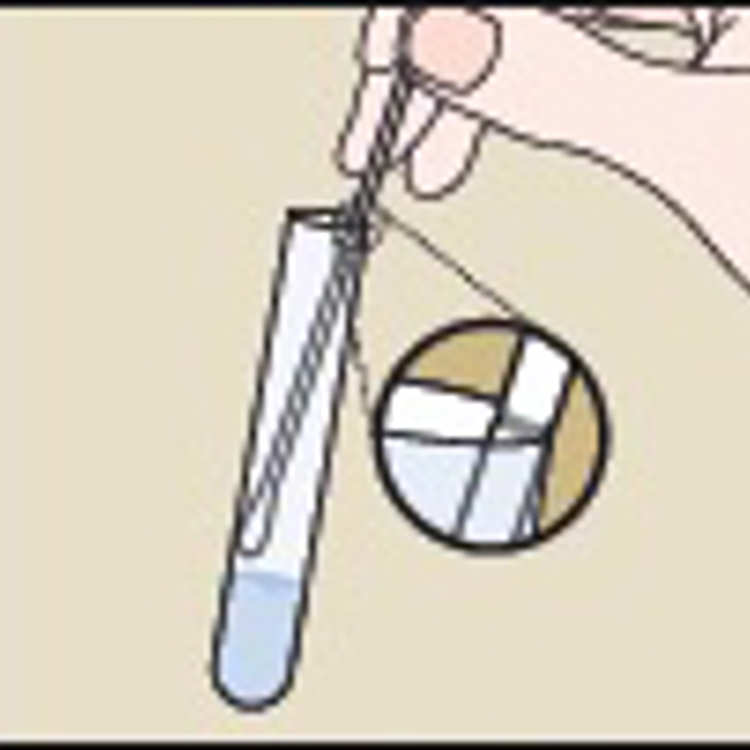
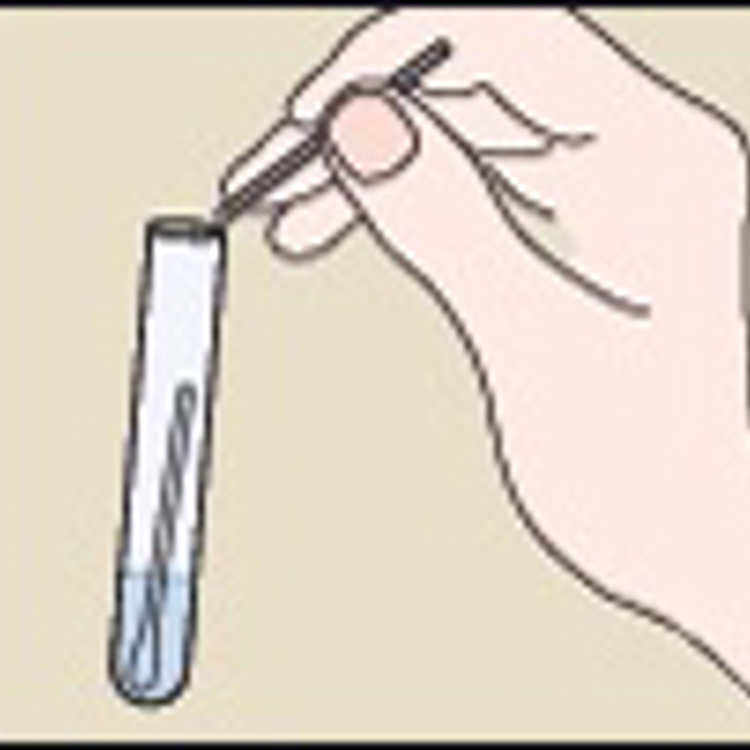
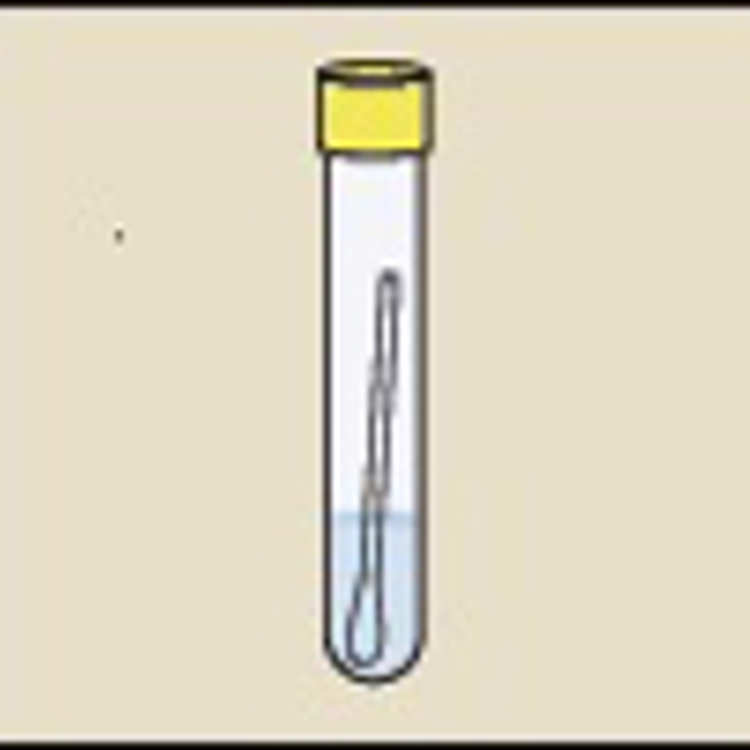
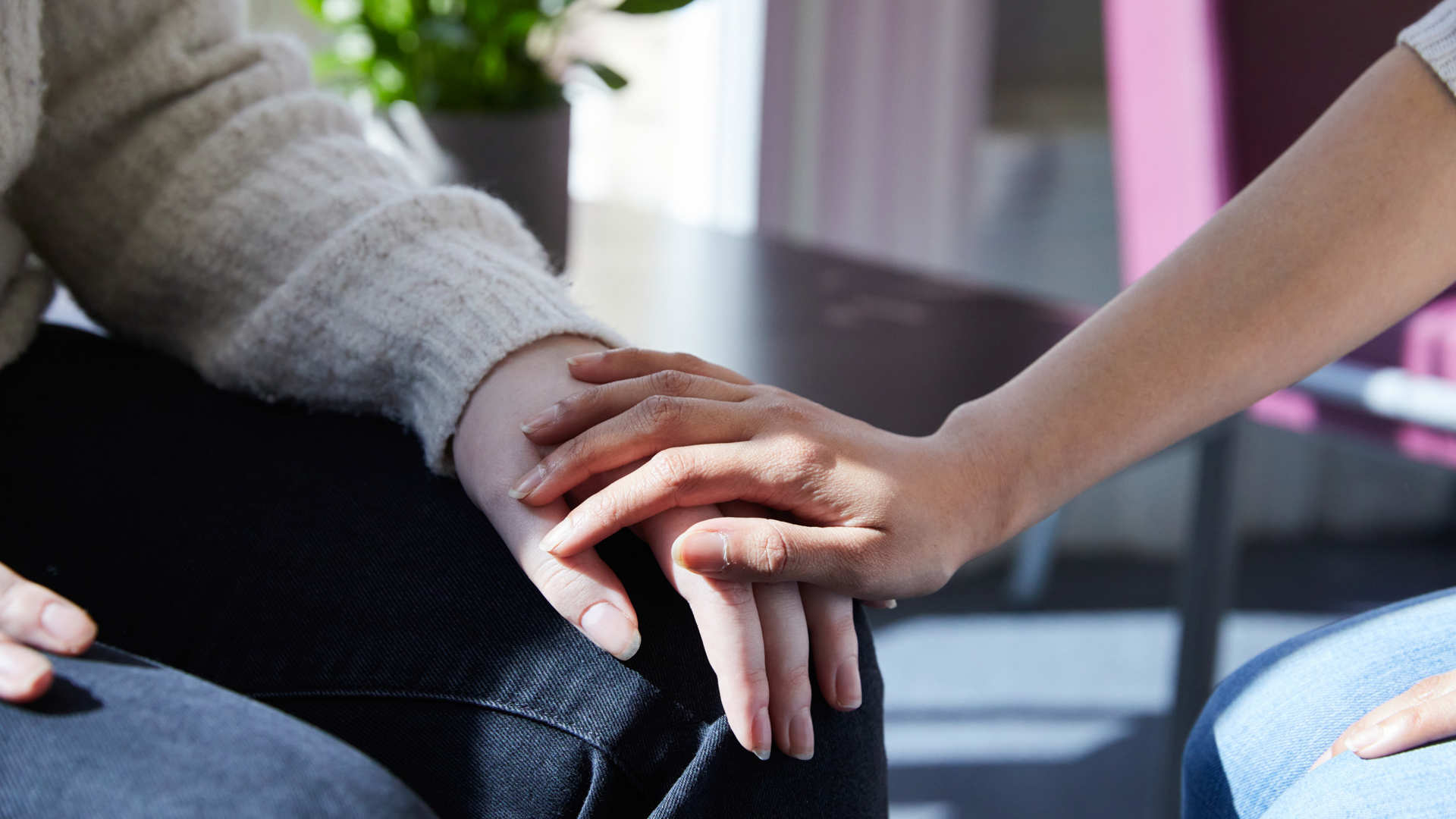
Confidentiality
We have strict rules to ensure that the information collected about you is kept safe and secure.
You can choose to get your results ideally by text, or email for convenience, or we can call you. We will ask if it is OK for us:
- To leave a message (when we contact you to give you your results)
- To contact the NHS about your results (if we cannot contact you in person)
A password and unique reference number will be agreed at your consultation. This is to check your identity, and confirm that it is safe to discuss your test results over the phone.
If we cannot confirm your identity over the telephone (for example, if you have forgotten your password/reference number), you will be asked to return to the BPAS unit where your tests were done to discuss your results.
